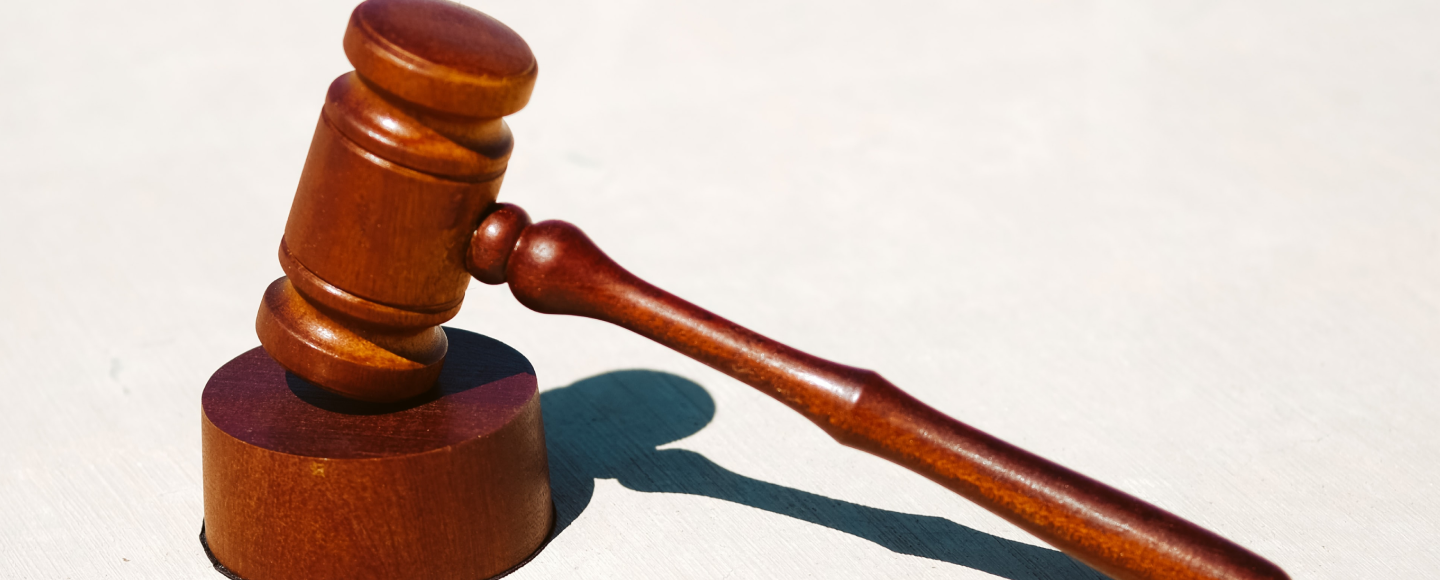If there is a better attorney in Wake County, then I have yet to meet him
★★★★★
Ben is a superlative attorney. Ben has a proven track record, excellent work ethic, sound legal instinct, and takes a genuine interest in not only your case, but your life. For the service you’ll get his rate is phenomenal, and the level of communication he affords his clients is second to none.
I met with twelve lawyers before I selected Ben, and if I had to do it all over again the only thing I’d do differently is not bother meeting with the other eleven.
When things turn bad, turn to Ben—you’ll be glad you did.
I met with so many attorneys because once you’re charged with a crime the most important thing you can do for yourself, and the one thing you can directly control, is who your attorney is. There were a plethora of reasons why I chose Ben over all the rest, but the simplest way to put it is that Ben personifies all the traits you want in an attorney unlike anyone else.
I was originally charged with larceny followed by a warrant for making death threats. Neither of these crimes even took place, so presenting evidence to refute the accusations was literally impossible. At the same time, an automatic restraining order was issued, so this individual could at any time say I showed up at her house and I’d be arrested again. This was all extremely distressing.
In light of this, I needed someone who was going to be proactive and move quickly.
I needed Ben. Right away, he suggested an innovative way to track myself at all times, and was able to inform her about it through the court, insulating me from further false accusations. He was concerned with preventing me from being arrested in the first place, rather than just what he could do (and get paid for) after the fact. Hiring Ben gave me immediate piece of mind.
From there, Ben went straight to work. Taking the case just days before the hearing regarding the death threats, Ben was able to expose several inconsistencies in her story and get the motion dismissed.
Then, for the larceny case, Ben prepared a defense with multiple witnesses—including a bank manager—based on her previous testimony which caught her in two direct lies under oath, but his cross-examination of my accuser was so thorough that the judge granted Ben’s motion to acquit me without needing to put on our defense. That said, Ben had meticulously planned the defense to prove (among other things) that she had never even withdrawn any money; precluding me from having stolen it in the first place. We were both confident in his defense strategy, but Ben was so effective we didn’t even need to present it!
The outcome couldn’t have been better, as I was completely exonerated of every single accusation against me. If there is a better attorney in Wake County, then I have yet to meet him, and I’ve talked to quite a few of them.
– A criminal defense client
He believed in me, and got my felony charge dismissed
★★★★★
I met Mr. Hiltzheimer in October of 2010, I was 60 years old at the time, and I had never been in trouble before in my life.
Mr. Hiltzheimer met with me and from the very first he believed in me, and began to represent me with the best defense possible. He managed to have a felony reduced to a misdemeanor, and from there to a dismissal. He hung in there and he believed in me. I would recommend Mr. Hiltzheimer highly to anyone in need of a good lawyer. I truly appreciate everything he did for me.
– A criminal defense client
11 Felony Counts
★★★★★
My son was [indicted] with 11 felony counts one being armed robbery. My son was facing a 15 year sentence. This case began in April of 2011 and Ben came in the middle of the case 3 months prior to the trial date and my son had Easter dinner of 2012 with his family! Ben essential had to start the discovery, interviewing, and investigation work from scratch. Yes, Ben put on an excellent case by pointing out facts, planning his case out in a strategic manner, and leaving no stone unturned on his behave. Due to Ben’s expertise my son was found not guilty on on 11 felony counts including but not limited to armed robbery. Ben became a part of our family in the short amount of time. He took a personal interest in winning this case. I would highly recommend Benjamin Hiltzheimer as a lawyer to anyone who is in need. Our family is eternally GRATEFUL for all his hard work and dedication.
– Mother of a criminal defense client
He was like a big brother to me
★★★★★
Ben is a great man. He was very persistant in my case and kept me informed on everything. He helped me understand my case and what was going on. Ben also helped me understand the things I didn’t know. He was like a big brother to me.
– A criminal defense client
★★★
Raleigh DWI lawyer Ben Hiltzheimer is a criminal defense attorney in Raleigh, North Carolina, who represents individuals charged with DWIs and the full spectrum of misdemeanors and felonies. Contact us for a free, confidential consultation and case evaluation at (919) 899-9405.







